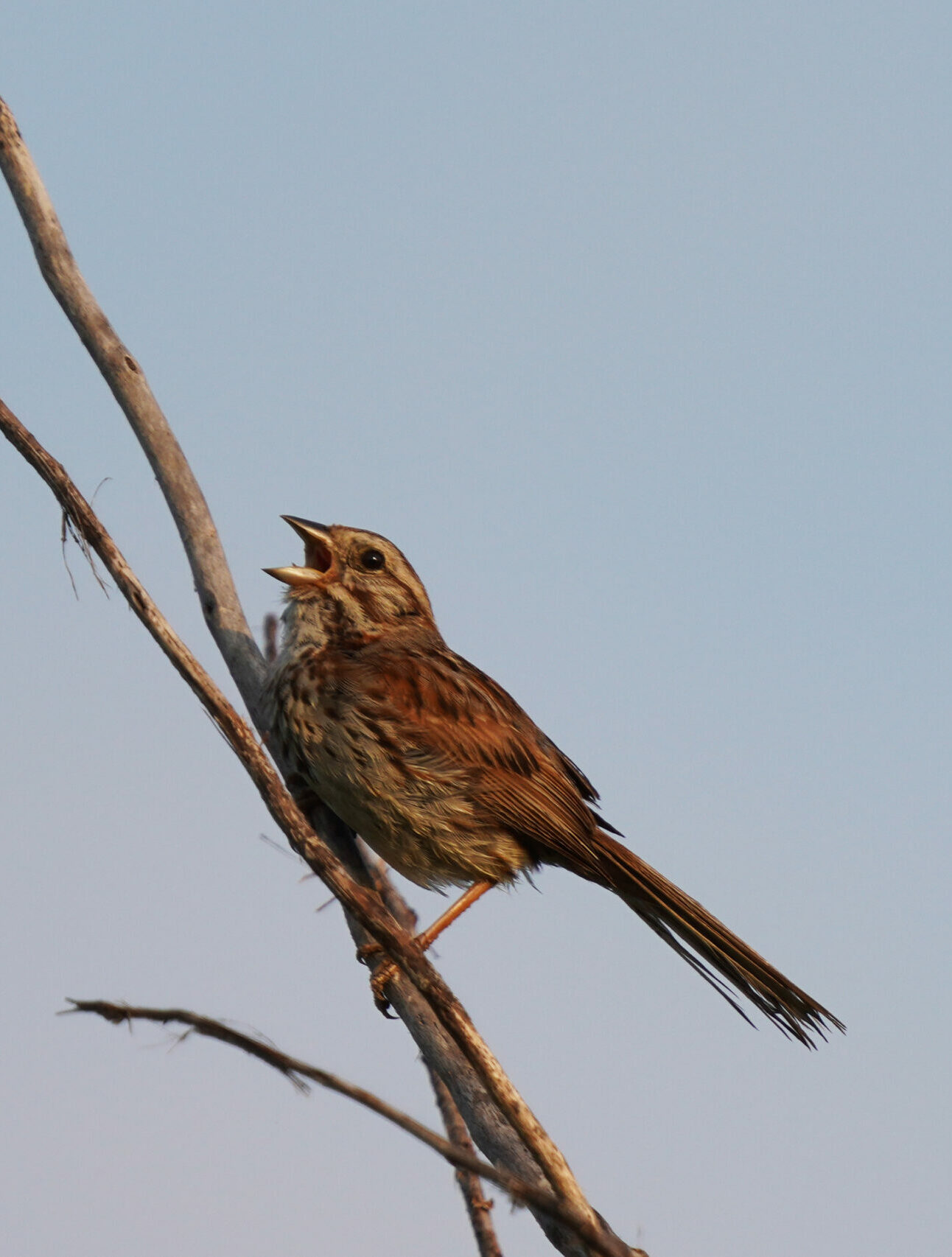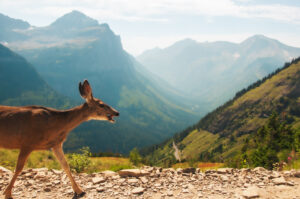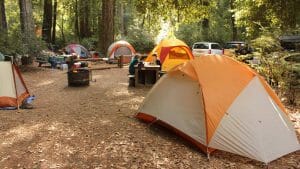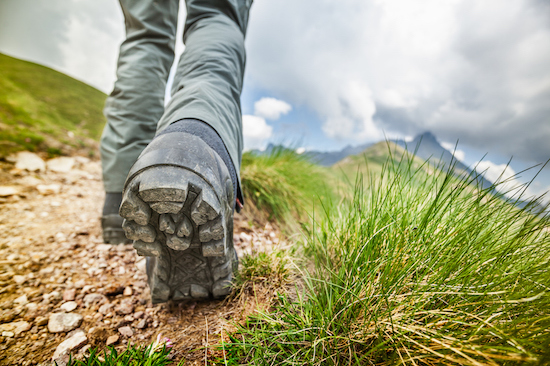Soundscape Guidelines

Protecting the Sounds of Nature Guidelines
Natural sounds and natural quiet are critical components of the natural environment. Natural quiet is vital for wildlife survival so that they can locate predators and prey and communicate. Similarly, humans benefit from the sounds of nature, which can promote and facilitate a variety of health benefits. Furthermore, research has demonstrated that when people reduce human-caused noise in natural areas, they can experience more wildlife, decrease stress while increasing opportunities for restorative health, and accommodate more visitors into a given protected area — without feeling as crowded.
Enjoy the sounds of nature by practicing the following guidelines:
LISTEN!
Engage your hearing to better understand the sounds around you. Experience the health benefits of being quiet – let the sounds of nature refresh your body and soul. This will help you appreciate the natural sounds around you and increase your chances of seeing more wildlife (at appropriate distances, of course).
PLAN AHEAD AND PREPARE
Consider your surroundings and match the sounds of your activity to your location (i.e., wilderness setting, consider preserving solitude through quieter behaviors vs. more developed areas where noise from humans might be more common).
BE CONSIDERATE OF OTHERS
Respect wildlife and be considerate of others by minimizing your noise footprint and being aware that the sounds you create may be considered as noise, and impact wildlife behavior and others.

BE QUIET
On the trail, consider being a quiet recreationist — listen to nature’s music instead of your speakers. If you listen to human-created music while recreating, use headphones or turn down the volume.
PLAN AHEAD
Plan ahead and prepare by reducing excessive or noisy gear. Silence your phone and look for mute options on other electronic equipment, such as watches and cameras.
QUIET HOURS IN CAMPGROUNDS
In developed campgrounds, reduce your noise by soundproofing generators, adhering to quiet hours, and keeping the volume turned down on electronics.

TRANSPORTATION SOUNDS
Reduce your carbon footprint while reducing your motorized transportation noise footprint. Use alternative transportation such as shuttles or bicycles when possible. Consider traveling at lower speeds and using noise-canceling mufflers while being mindful of your car alarm and horns. If you ride a motorcycle or an off-highway vehicle, recognize that the lower frequency sounds these vehicles produce travel further, so avoid excessive revving of engines whenever possible.
BEAR COUNTRY
In bear country, it may still be important to make noise to reduce your chances of negative bear encounters in the wild. The human voice is a minimum-impact bear deterrent, which can work to notify them of your presence; in emergency situations, bear whistles and horns may be effective.
BEHAVIOR CHANGES
Consider quieter behaviors when recreating outdoors at home, as they can lead to more bird songs and happier neighbors.
Recommendations based on empirical science and co-created between Leave No Trace and the U.S. National Park Service Natural Sounds and Night Skies Division.
Download a copy of the Soundscape Guidelines for yourself today!

